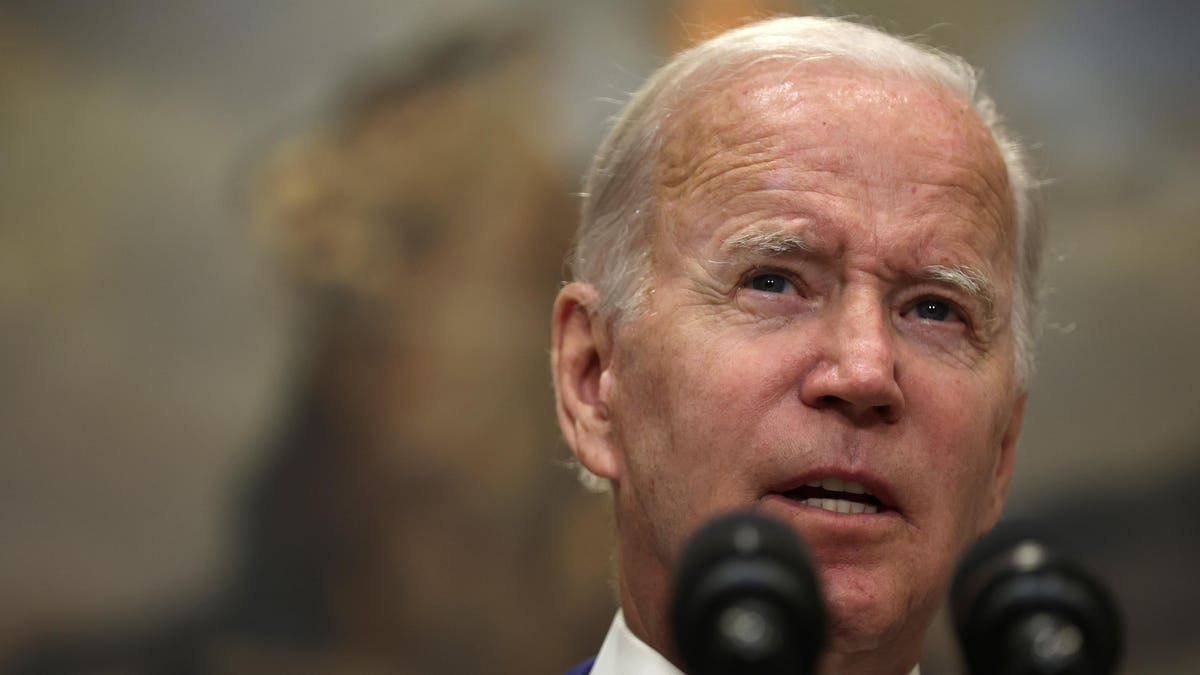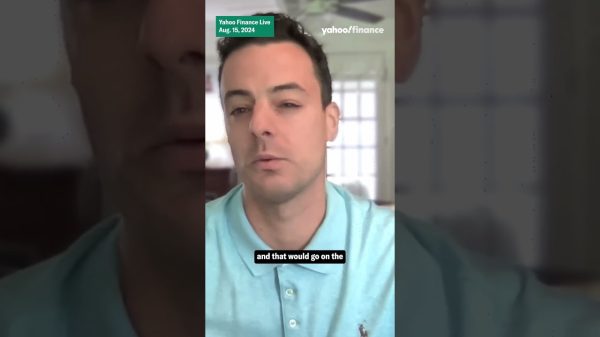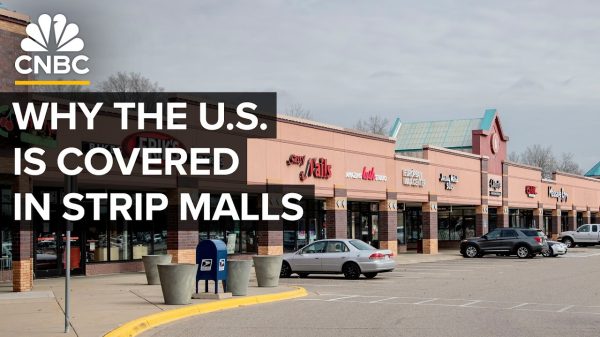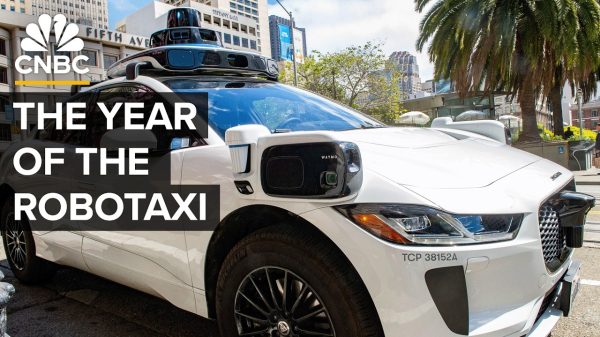In a long-awaited decision, the Supreme Court has issued a ruling striking down President Joe Biden’s unprecedented student loan forgiveness plan. This means that the initiative cannot proceed.
Here’s the latest.
Biden’s Student Loan Forgiveness Plan Was Tied Up In Legal Battle
Biden first announced his student debt relief plan last summer. The plan would provide borrowers who have government-held federal student loans with $10,000 or $20,000 in loan forgiveness, depending on whether they had received a Pell Grant for their education. Most federal student loan borrowers could qualify, including Parent PLUS borrowers and borrowers in default, as long as they had earned income in either 2020 or 2021 that did not exceed program limits (generally $125,000 for single borrowers, or $250,000 for married borrowers filing jointly).
The Biden administration had approved millions of borrowers for student loan forgiveness in the months following the announcement, after the Education Department launched a simple online application. But legal challenges brought by Republican states and conservative-leaning groups derailed the initiative before any borrower received debt relief. The Biden administration appealed, and the Supreme Court agreed to hear the cases.
During oral arguments in February, a majority on the Supreme Court seemed poised to strike down the loan forgiveness plan as executive overreach, suggesting that the Biden administration’s reliance on a 2003 statute allowing for “waivers” of federal student loan program requirements during national emergencies was misplaced, and an overly broad interpretation of Congressional intent.
But court observers noted that a complication for the legal challengers was the issue of standing — the concept that to file a suit in federal court, a party must be able to demonstrate that they would incur a concrete harm or injury sufficiently linked to the challenged program, which would be remedied by the relief sought (in this case, striking down Biden’s student loan forgiveness plan). Four of the nine justices on the Court seemed skeptical that the challengers had standing during February’s hearing, and several other justices did not say much on that issue.
Supreme Court Rejects Biden’s Student Loan Forgiveness Arguments
But in its decision released today, a majority on the Supreme Court rejected the Biden administration’s legal arguments. In unanimous ruling in Department of Education v. Brown ruled that the challengers don’t have standing. But in a 6-3 ruling in Nebraska v. Biden, the Court found that Missouri does have standing, and that Biden’s student loan forgiveness plan was not authorized by the HEROES Act of 2003. The Court distinguished the facts in the student loan forgiveness cases from several other recent decisions in which the Court ruled that states do not have standing to challenge a federal government statute or rule.
“Six States sued, arguing that the HEROES Act does not authorize the loan cancellation plan. We agree,” wrote the Court. “We hold today that the Act allows the Secretary to ‘waive or modify’ existing statutory or regulatory provisions applicable to financial assistance programs under the Education Act, not to rewrite that statute from the ground up.”
What Biden Administration Does Next With Student Loan Forgiveness
Now that the Supreme Court has blocked Biden’s student loan forgiveness plan, the Education Department will not be able to implement the program, at least in its current form.
The Biden administration will have to consider other options, none of which are ideal or guaranteed to succeed. Advocates had previously suggested that Biden should extend the student loan pause again if the Supreme Court issued an adverse ruling, but the recent debt ceiling bill prevents Biden from doing so, absent another national emergency that would justify a new student loan pause.
Several advocacy organizations and progressive lawmakers in Congress have urged Biden to essentially reissue the student debt relief plan under a different legal authority, the Higher Education Act, which contains a separate provision that they argue can authorize mass student loan forgiveness. But the process of re-establishing the program under a different authority could take time, and ultimately might face similar legal hurdles. Administration officials have repeatedly said there is no backup student loan forgiveness plan.
If Biden cannot extend the student loan pause or reissue the student loan forgiveness plan under a different authority, he may instead rely on existing student loan forgiveness initiatives to provide relief for borrowers. The administration has also released a proposed overhaul of repayment plans to lower the cost of student loan repayment for many borrowers, and that proposal could be further tweaked to provide additional benefits for borrowers, including accelerated student loan forgiveness.
Further Student Loan Forgiveness Reading
4 Big Student Loan Updates When Payments Resume (And They Resume Soon)
30 Million Borrowers May Face New Problems As Student Loan Pause Ends
Student Loan Forgiveness Update: What Biden’s Latest Move Means For Borrowers
7 New Flexibilities As Student Loan Pause Ends And Loan Forgiveness Ruling Looms
Read the full article here











